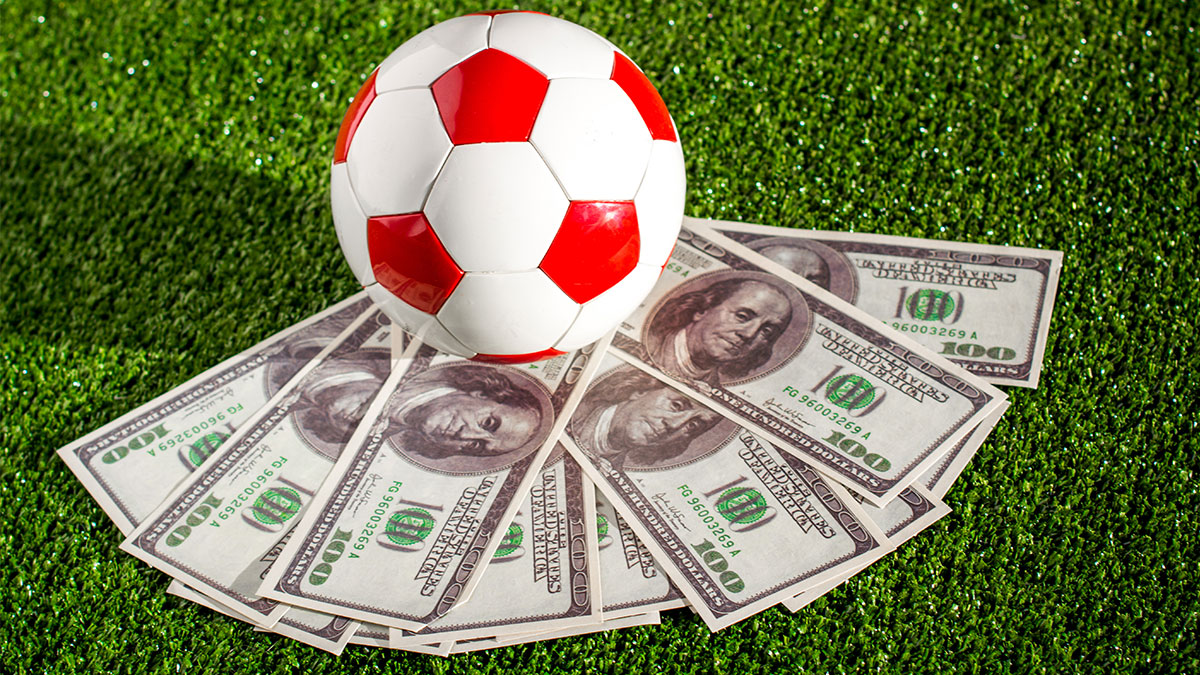Special interest groups are everywhere, they are powerful, and they don’t let go of power easily. They grab on to some sector or industry, seize a few politicians who love making laws, and tell those politicians they’ll give them a cut of their profits if they make it difficult or impossible for anyone else to compete with them. One of the oldest ongoing examples of this sort of thing is the Jones Act of 1920, which requires that all goods transported by water between U.S. ports be carried on ships built in the United States, owned and operated by U.S. citizens. The propaganda point was that it would protect the shipping industry in case of war. The actual point was that shipbuilders, protected from foreign competition, would be able to charge higher prices so that they could make more money.
The result, 100 years later, is that the U.S. shipbuilding industry is almost nonexistent. In 1950, there were 434 Jones Act compliant ships. Now there are less than 100 (see figure 1). It’s so expensive to ship domestically by water because of the Jones Act that few actually do it, and so there is virtually no industry at all.
Now, let’s kick it up a notch, to use a dated cooking phrase. Imagine that the lobbyists for the Jones Act back in 1920 were also minorities at a time when racism was a hot-button issue. Could you possibly say no to them, even if their influence by numbers and money would have a negligible effect on your reelection chances? Not a chance. You don’t want to be accused of racism and be the next target. In that event, the special interest group would be even more powerful than before. And so it goes that a historically protected special interest group, Native American tribes who were given a monopoly on the gaming industry outside of Nevada as a kickback for centuries of injustice, has now become even more powerful. They have successfully blocked California from legalizing sports betting, obviously wanting to preserve their monopoly.
This is something I warned about back in May 2018 when the U.S. Supreme Court finally scrapped the federal ban against sports betting. Here’s what I wrote back then, when gaming stocks, led by 888, skyrocketed on the ruling:
